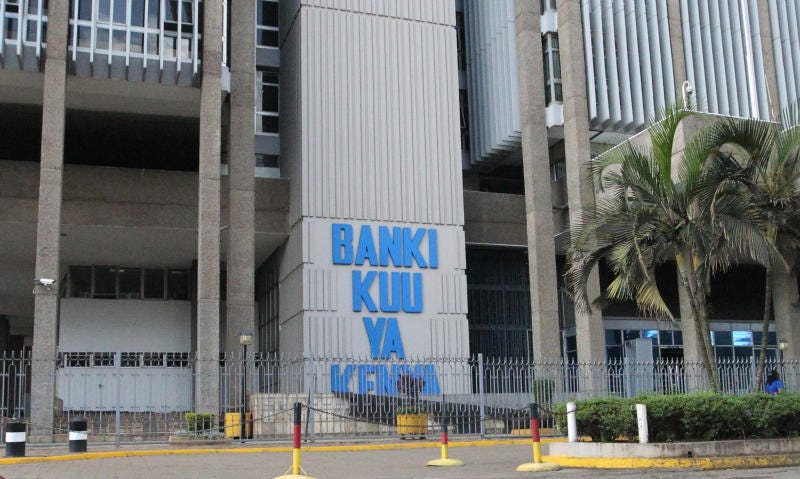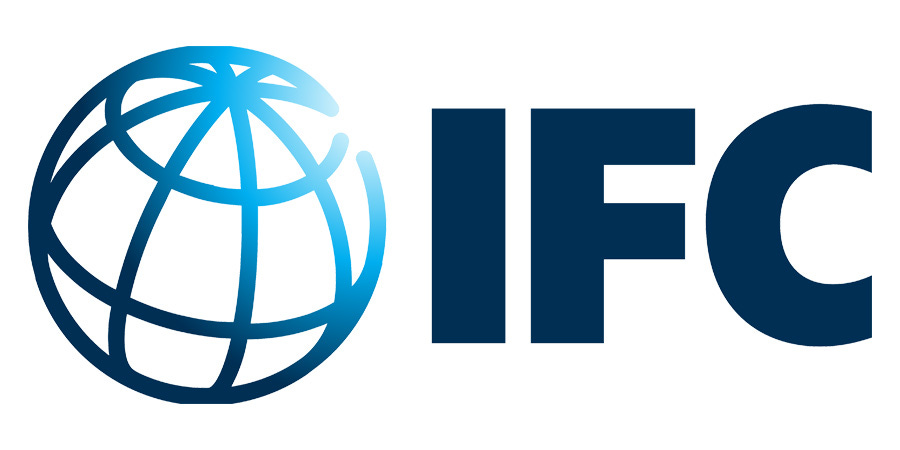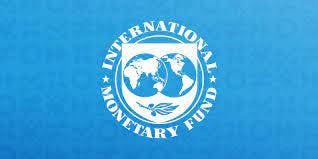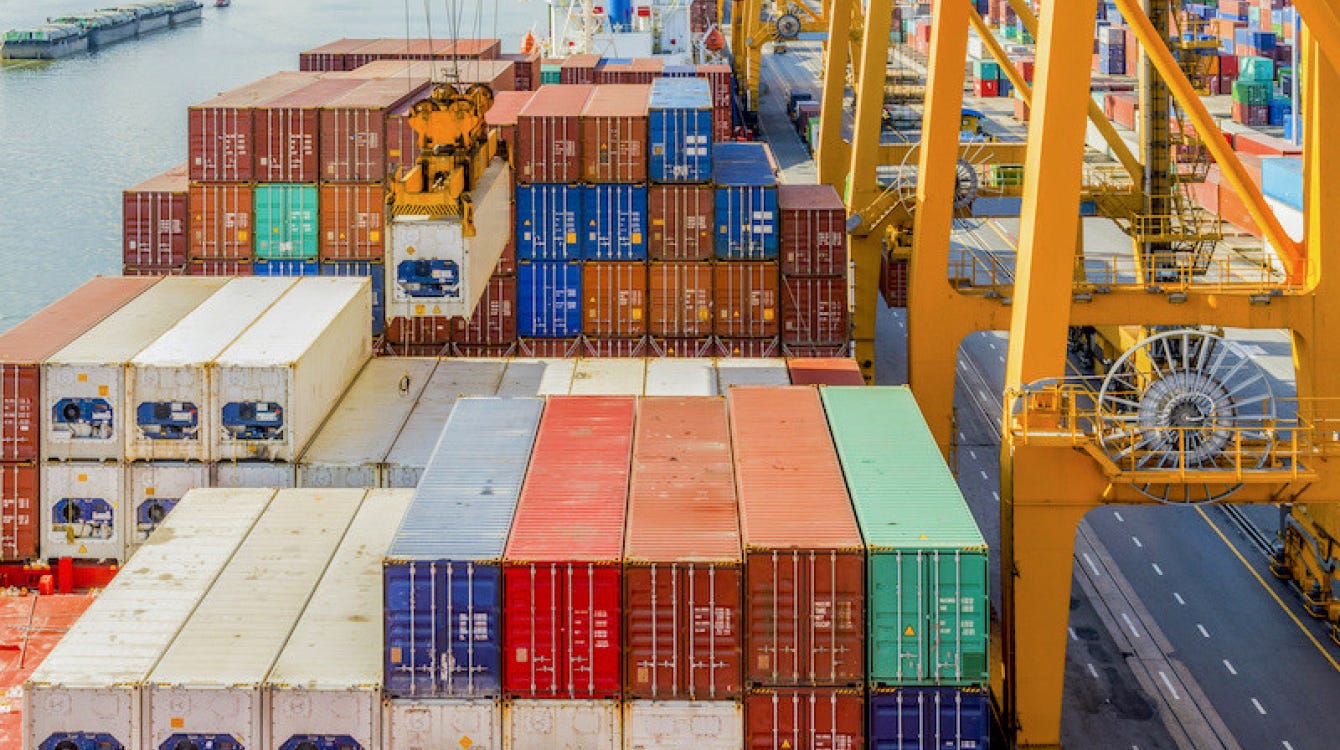President William Ruto's Administration Plans New Set of Taxes, Including Road Tax, Amidst Potential Finance Act Blockage by High Court in October 2023
President William Ruto's administration is preparing to implement a new set of taxes, including a road tax, in October if the High Court blocks the Finance Act of 2023. The Treasury recently disclosed its plans to the International Monetary Fund (IMF), revealing that these additional taxes, such as a motor vehicle circulation tax and excise and value-added tax (VAT) measures, are part of a contingency plan to fund the Sh3.68 trillion budget. This plan comes as a precautionary measure in case the currently suspended tax-raising measures face legal hurdles in court.
Among the proposed taxes is a motor vehicle circulation tax, which will require motorists to pay for using public roads. The calculation of this tax may be based on factors such as the vehicle's value, engine capacity, and seating capacity. The move is aimed at bolstering the government's revenue streams and ensuring the achievement of the Sh2.57 trillion ordinary revenue target for the current financial year. By implementing these new taxes, the administration aims to avoid further debt accumulation and maintain fiscal stability.
The Treasury has expressed its commitment to present "a package of legislative changes" to Parliament by the end of October. This strategic approach is intended to safeguard the government's financial resources, particularly if the Finance Act faces challenges in the High Court. The administration's efforts reflect its determination to secure adequate funds for essential public services and investments while keeping the country's fiscal health on track. However, the potential impact on citizens and businesses will be closely monitored, as tax changes can have far-reaching implications on the economy and public welfare.
Click here for the full article
ECONOMY
1. IMF Predicts Kenya's Foreign Exchange Reserves to Face Persistent Pressure Despite Recent Inflows
The International Monetary Fund (IMF) has revealed that Kenya's official foreign exchange reserves are expected to face continued pressure, despite recent inflows, including the disbursement of Sh58.8 billion from the multilateral lender. The projection of gross international reserves in months of import cover is expected to reach 3.3 months by the end of 2023, indicating a marginal improvement from the previous estimate of a flat three-month import cover in December of last year.
However, the IMF's outlook remains cautious, forecasting only a slight increase in reserves over the subsequent years. By 2024, the reserves are expected to rise to an equivalent of 3.5 months of import cover, followed by 3.7 months in 2025 and 3.8 months in 2026. These figures fall significantly short of the Central Bank of Kenya's statutory requirement, which mandates maintaining a minimum of four months of import cover.
The IMF's projections point to potential strains on Kenya's foreign exchange reserves as the country moves closer to the end of 2023. While recent disbursements and inflows have provided some relief, the country still faces challenges in building up its reserves to meet the required threshold. This situation may pose risks to the stability of the Kenyan economy, particularly in the face of potential external shocks and uncertainties in the global financial landscape.
Click here for the full article
2. Kenya Implements Interest-Bearing Escrow Account to Mitigate Foreign Exchange Risk
In a strategic move to safeguard its economy from potential foreign exchange risks, Kenya has established an interest-bearing escrow account. The account is designed to receive the proceeds from the sale of fuel acquired through a government-to-government deal. This initiative comes as the country prepares for a dollar-based payment, scheduled to take place after the credit-based fuel importation window under the deal concludes on December 31. The deal, originally put in place to address the scarcity of the US dollar in the local market, was necessitated by the soaring demand for the greenback, which was estimated at a staggering $500 million per month.
According to a report issued by the International Monetary Fund (IMF) following the successful conclusion of the fifth review of Kenya's program, the newly established shilling escrow account will earn interest at a rate equivalent to the 91-day Treasury bill rate minus 2.0 percent.
The accrued interest will then be channeled into a Stabilization Fund that the government has set up.
The primary purpose of this fund is to offset any potential foreign exchange-currency losses arising from the risk of shilling depreciation during the period between fuel importation and payment in US dollars.
The move to implement the interest-bearing escrow account comes in response to the depreciation of the Kenyan shilling. Data from the Central Bank of Kenya (CBK) indicates that the shilling has weakened by 9.6 percent since the credit-based fuel sourcing deal was initially announced. The deal, forged with prominent Gulf firms including Saudi Aramco, Emirates National Oil Company, and the Abu Dhabi National Oil Company on March 13, has prompted the Kenyan authorities to proactively address the currency risks that could arise in the intervening period.
Click here for the full article.
BANKING
IFC's New Programme to Boost Kenya's Financial Sector: Strengthening Risk-Based Pricing for Customer Loans
The International Finance Corporation (IFC) has unveiled a technical assistance programme to bolster Kenya's Central Bank (CBK) and local banks in implementing a risk-based pricing mechanism for customer loans. With a budget of $514,345 (Sh72.7 million), the initiative aims to enhance the credit scoring system for small businesses by supporting credit reference bureaus in utilizing alternative data and providing more accurate credit scores. Additionally, the IFC will focus on educating borrowers about consumer protection practices.
This program marks the second phase of the IFC's Kenya Credit Reporting Strengthening Project, initiated in June 2022 to aid the country's financial sector in recovering from the economic fallout of the Covid-19 pandemic. The IFC's involvement will extend until December 2025 and will include assistance to the CBK in fortifying credit reporting supervision and improving lending policies to safeguard customers' interests. Financial institutions, particularly banks, will receive technical aid to enhance their internal rating models as an integral part of complying with risk-based credit pricing.
The adoption of risk-based credit pricing is part of broader reforms aimed at enhancing credit accessibility in Kenya's banking sector. These reforms, embedded in the Kenya Banking Sector Charter, seek to promote fairness, transparency, financial literacy, and improved financial access. By the beginning of June, the CBK had already approved the risk-based pricing plans of 33 out of the 39 licensed commercial banks operating in the country. This regulatory requirement for risk-based pricing submissions was set for all commercial banks by the end of May 2019.
COMPANIES
Telkom Kenya Wins Land Compensation Case: Court Orders Government to Pay Sh15 Billion
In a landmark ruling, the Environment and Land Court has ordered the Kenyan government to pay Telkom Kenya a staggering sum of Sh15 billion in compensation for forcibly seizing a 60-acre parcel of land located on Ngong Road in Nairobi to establish a sports complex. This decision marks a significant victory for the telecommunications company, as Justice Oguttu Mboya concluded that the government's actions violated Telkom's fundamental rights to property without providing appropriate compensation.
Justice Mboya emphasized that the ownership of the contested property undeniably belongs to Telkom Kenya, and as such, the corporation is entitled to fair compensation. The responsibility for paying the compensation will fall on the Ministry of Sports, which carried out the takeover of the land to build the sports complex.
Despite the favorable ruling, the court has opted to suspend its decision for a period of 30 days. This suspension allows the Attorney-General a window to potentially appeal the ruling on behalf of the government. However, if the ruling stands after this grace period, the government will be required to pay Telkom Kenya the full compensation amount. Additionally, Justice Mboya ruled that the damages incurred as a result of the violation will accrue interest at a rate of 14 percent, calculated from the date of the judgment until the complete payment is made, ensuring that the telco is adequately compensated for the breach of its property rights.
Click here for the full article.
IMF Urges Kenya to Overhaul Kenya Power Board and Settle Sh26 Billion Debt
The International Monetary Fund (IMF) has called on the Kenyan government to implement significant reforms at Kenya Power in an effort to stabilize the country's electricity distributor. The IMF's recommendations include a shake-up of the Kenya Power board and the urgent settlement of at least Sh26 billion owed to the utility. Last month, the government committed to clearing some of the debt, with Sh19.4 billion earmarked for payment under the Rural Electrification Scheme. However, an outstanding Sh7 billion compensation for last year's 15 percent electricity tariff cuts still remains unpaid.
According to the IMF, swift action in offsetting the debt and restructuring the board, both of which have been approved by the Cabinet, is crucial to improving Kenya Power's performance. Over the past few years, Kenya Power has relied heavily on financial bailouts from the Exchequer. As of June last year, the utility's liquidity gap was reported to be a staggering Sh64 billion.
In response to the mounting financial challenges faced by Kenya Power, the utility increased electricity prices by an average of 15 to 20 percent in April of this year. This move was aimed at generating much-needed revenue to expand the electricity network and cover electricity purchase costs. However, a combination of factors, including tariff cuts from the previous year, unpaid operational and maintenance costs linked to the rural electrification scheme, and rising unpaid bills from customers, have put immense pressure on Kenya Power's financial stability.
Click here for the full article.
TRADE
The US Considers Extending Duty-Free Market Access for Sub-Saharan Nations
The United States has expressed its willingness to propose an extension of duty- and quota-free access to its market for sub-Saharan countries when the current deal, known as the African Growth and Opportunity Act (AGOA), expires in May 2025. The announcement was made by United States Trade Representative, Katherine Tai, who stated that the renewal of this preferential trade program would ultimately depend on the US Congress. However, she emphasized that her office is committed to facilitating the necessary conversations and consultations to enable the consideration of an AGOA renewal process.
Originally established in 2000, the AGOA treaty was initially intended to last for 15 years. However, in June 2015, it was extended for an additional 10 years. The program aims to foster economic growth and development in eligible sub-Saharan African nations by providing them with access to the vast US market without tariffs or quotas. Over the years, AGOA has played a crucial role in promoting trade ties between the US and Africa, stimulating investment, and creating job opportunities in the region.
Trade Representative Katherine Tai's reassurance of the US government's commitment to its partnership with Congress indicates a positive outlook for the potential extension of AGOA. While she refrained from predicting the outcome, she emphasized the importance of engaging in the necessary work to continue supporting economic progress in sub-Saharan Africa. As the negotiations and consultations unfold in the coming months, African nations will eagerly anticipate the decision that could further bolster their economies and strengthen trade relations with the United States.
WHAT YOU MISSED LAST WEEK
The Court of Appeal will determine an application to lift orders staying the implementation of the Finance Act 2023 on Friday, July 28
This comes after Treasury CS warned of a potential budget crisis if the orders are not lifted.
Kenya’s passport raises six places in ranking
Kenyan passport has gained six places in the global ranking by Henley Passport Index Report, strengthening its position as a favourite travel destination. The latest data from the Henley Passport Index third quarter of 2023 Report shows Kenya is at position 67 globally up from 73 last year and the eighth most powerful African passport. The index compares the visa-free access of 199 different passports to 227 travel destinations.
General insurers’ profit rises four times
General insurers’ net profit for the first three months of the year rose four times to Sh1.6 billion as increases in investment income helped to offset the poor performance from the underwriting business.
The latest data from the Insurance Regulatory Authority (IRA) shows the net profit rose from Sh399.3 million posted in a similar period in 2022, marking one of the best first-quarter performances in years.








